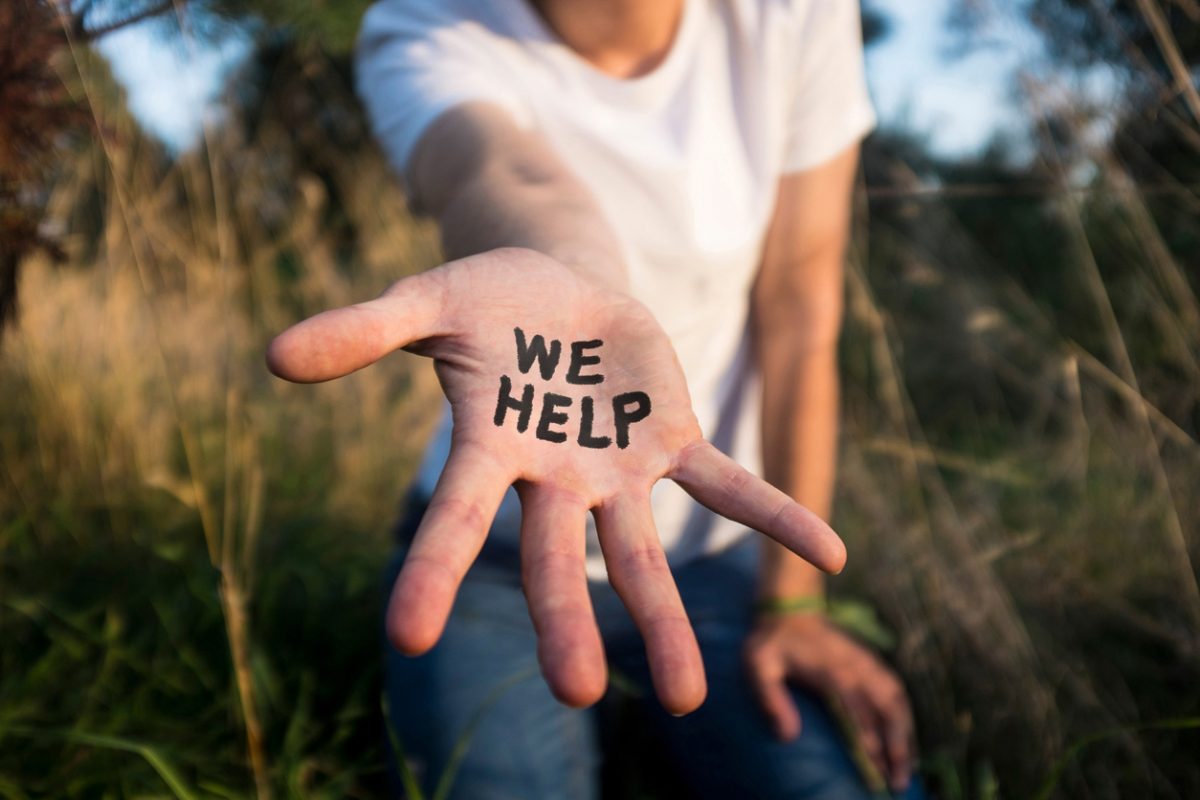
A new year has arrived, and with it, a hope for better times to come. With the cutoff of an old year and the celebration of a new one, it’s only natural to hope for terrible things to end and for good things to come. But one has to do more than hope if they want to decide what their future will look like. This year can be your year, if you want it to be. It’s a common tradition around the world to pick the new year as a time to make new commitments, and sign up for major changes. However, for many, these resolutions to be a new, better person lead to disappointment and procrastination. Too often, we set the bar too high and fail, causing more hurt than personal progress. That said, make 2018 the year for addiction recovery.
There is a right way and a wrong way to go about using the new year as the mark of something new and good. And if you go about it the right way, then 2018 can be your year for addiction recovery – and the start of a new chapter in your life.
Celebrating A New Year
Cultures as far back as early civilization have celebrated the end of an annual cycle, and saw it as the birth of something new and exciting. Not only was life for many civilizations rooted in seasonal changes and their effects on agriculture and commerce, but the astrological (and thus religious) importance of a full year ending made the new year special in nearly every culture.
Today, we celebrate the new year every 1st of January across the world, and we look back on the previous year, either to salute or mourn its passing. Sometimes, despite time only moving forward a single day, the shift from one year to the next can be emotionally invigorating, and signifies a time for letting go of the past and focusing on the new opportunities of the future.
For someone fighting addiction, you can make 2018 the year for addiction recovery and reclaim your life. But it won’t be quite as easy as jotting down a quick and short resolution, and then spending the next few months struggling to stay clean without a plan for relapse or other issues. 2018 can be your year for addiction recovery, because the year has just started and now is the perfect time to make full use of that fact.
But you have to approach your new resolution just right.
Make It Your Year For Addiction Recovery
The key to making 2018 a successful year for addiction recovery is by taking the right approach. The basic tenets for tackling recovery are:
- Create a list you have easy access to and see every day.
- Don’t tell everyone about your plans and aspirations.
- Find a hobby or passion you are/could be deeply invested in.
- Set short-term attainable goals to improve in your hobby.
- Create a time-frame for the first quarter of the year.
- Improve yourself – pick something to work on, and focus on it.
- Make new friends and surround yourself with trusted old ones – use the support in times of hardship and loneliness to drive out the cravings.
A few things you absolutely want to avoid include being vague, focusing on your sobriety without having a concrete focal point in your life, and biting off more than you can chew when planning your resolutions for the year.
If you want to focus on recovery, then find healthy ways to cope with trauma and strong emotions, and improve your lifestyle to help reduce the impact of drug use and further learn what it means to be happy without drugs. Here are a few things you could do:
Getting Things Done In Recovery This Year
Addiction is more than just the presence of a set of destructive, maladaptive coping mechanisms. Addiction is also loneliness and negativity – so surrounding yourself by positive, strong people is the best way to ward off issues like a potential relapse.
Start by enrolling in a treatment program and a support group. Sober living homes are an excellent example for an environment that is conducive for both personal growth and long-term sobriety, as well as the tools needed to survive the world outside treatment.
After finding new people who likewise want to make it a year for addiction recovery and stay sober, it’s time to find healthy ways of coping. Some people prefer art, others prefer to exercise, and some have other unique ways of letting go of excess stress or anger. The ability to cope healthily with issues without the use of drugs is vital for snuffing out addiction.
From there, it’s time to focus on improving your skills, and working on all the things you wanted to work on. From starting a DIY project like room renovation to learning a new language, there are countless things you can learn and do throughout 2018 to mold yourself into someone you’re happy about and make it the year for addiction recovery for yourself.
Look Past The Present
2018 is one year – and in time, 2019 will come and 2018 will end. However, that doesn’t mean that your commitments should end. Drug addiction recovery isn’t a temporary thing tied to one year for addiction recovery. It’s a goal to spend the rest of your days not tied to your old addiction, and not driven towards bad decision-making by substance abuse.
Thus, see this 2018 as the year you begin your journey, and fight your way through the hardest parts of addiction recovery. From withdrawals to relapses and the emotional struggles of relearning what it means to feel good about yourself, and feel good in general without substance use, the first few months of 2018 will likely be rough. But if you continue to set new goals, and always leave room for growth and improvement, it’s only a matter of time before you make your addiction take the backseat.
Some people argue that when you go through something as substantial and potentially traumatic as an addiction, it’ll always be with you. And while that’s true, that doesn’t mean it gets to decide how you live. You should never forget your past – but you should be able to live with it, and move on past it, to a future where you make choices and decisions that positively reflect on what you learned while fighting your addiction. This 2018, take your first steps towards a life you can be proud of.




